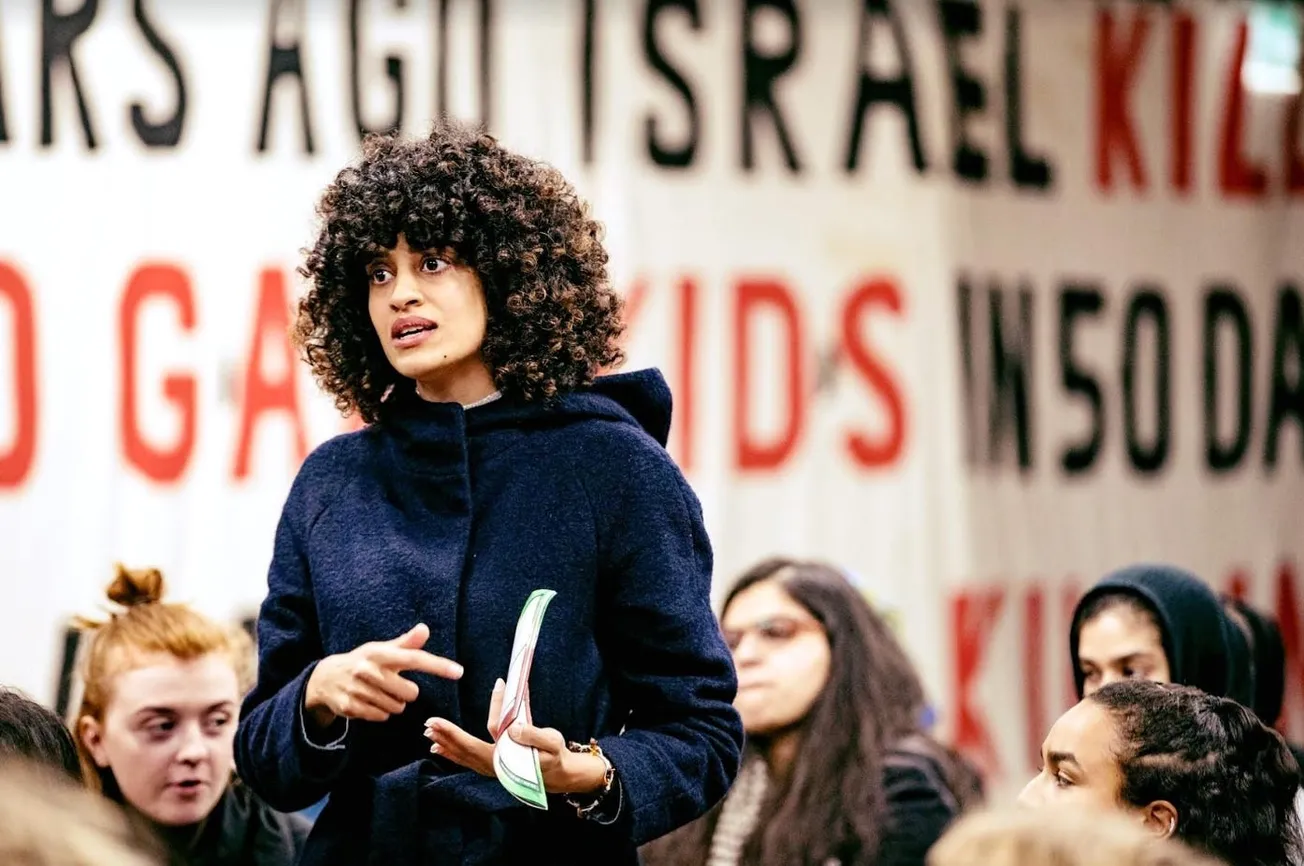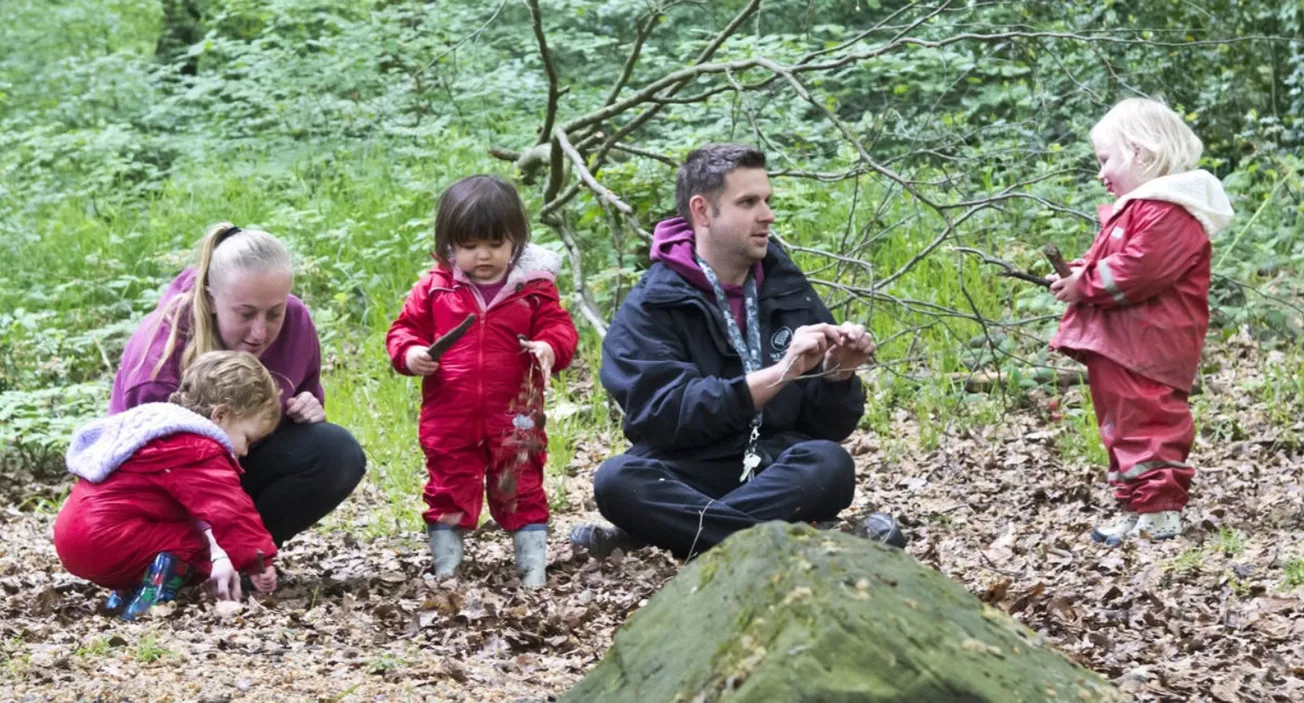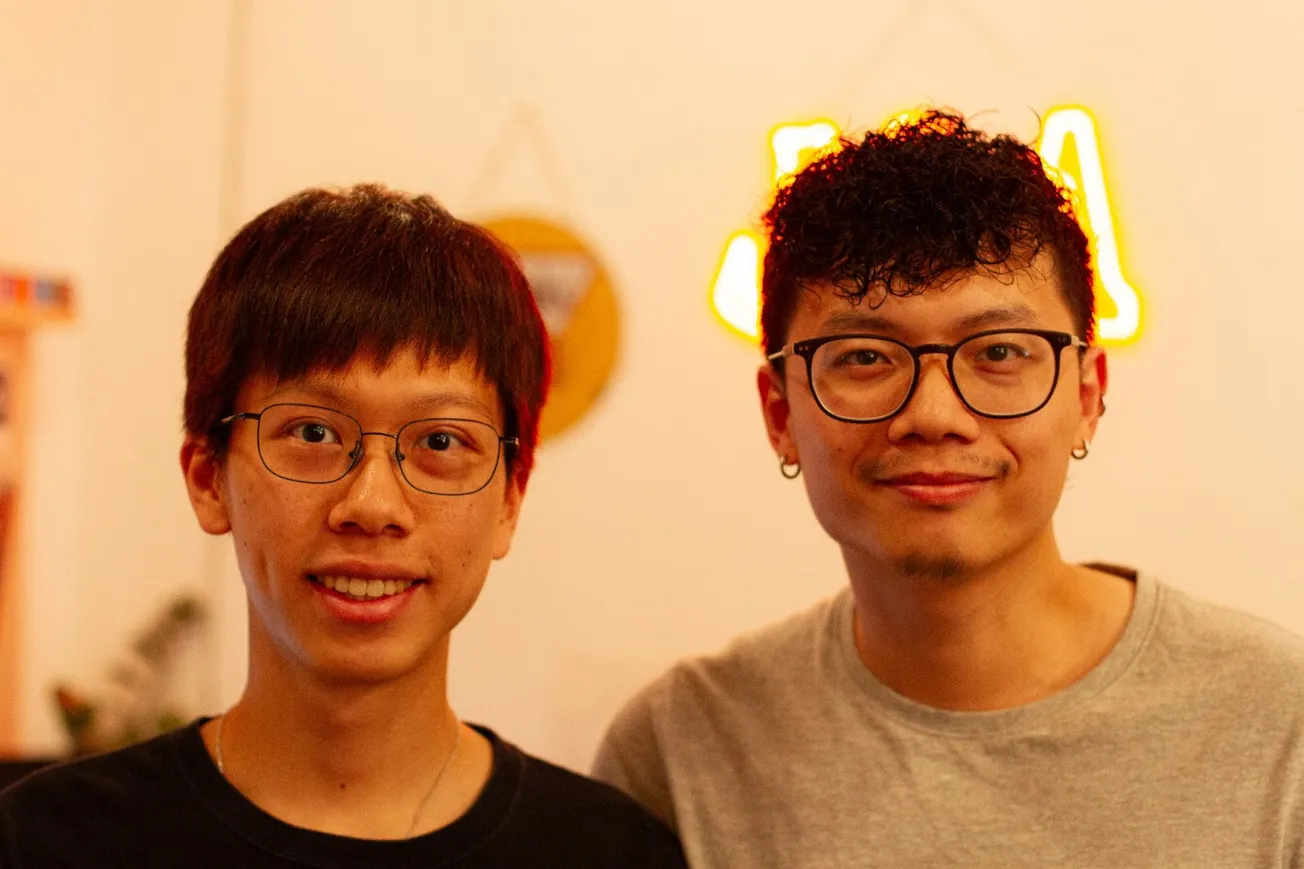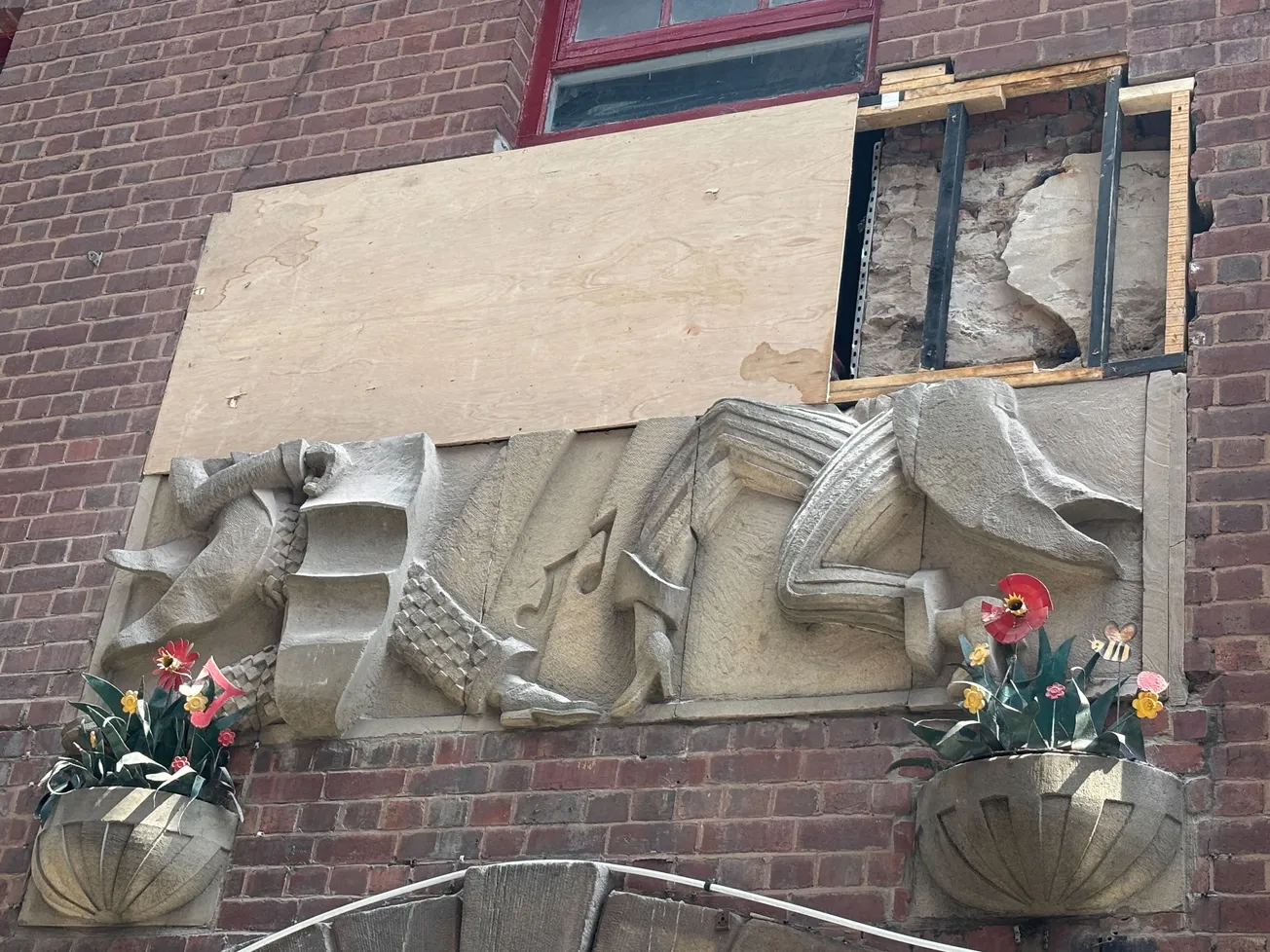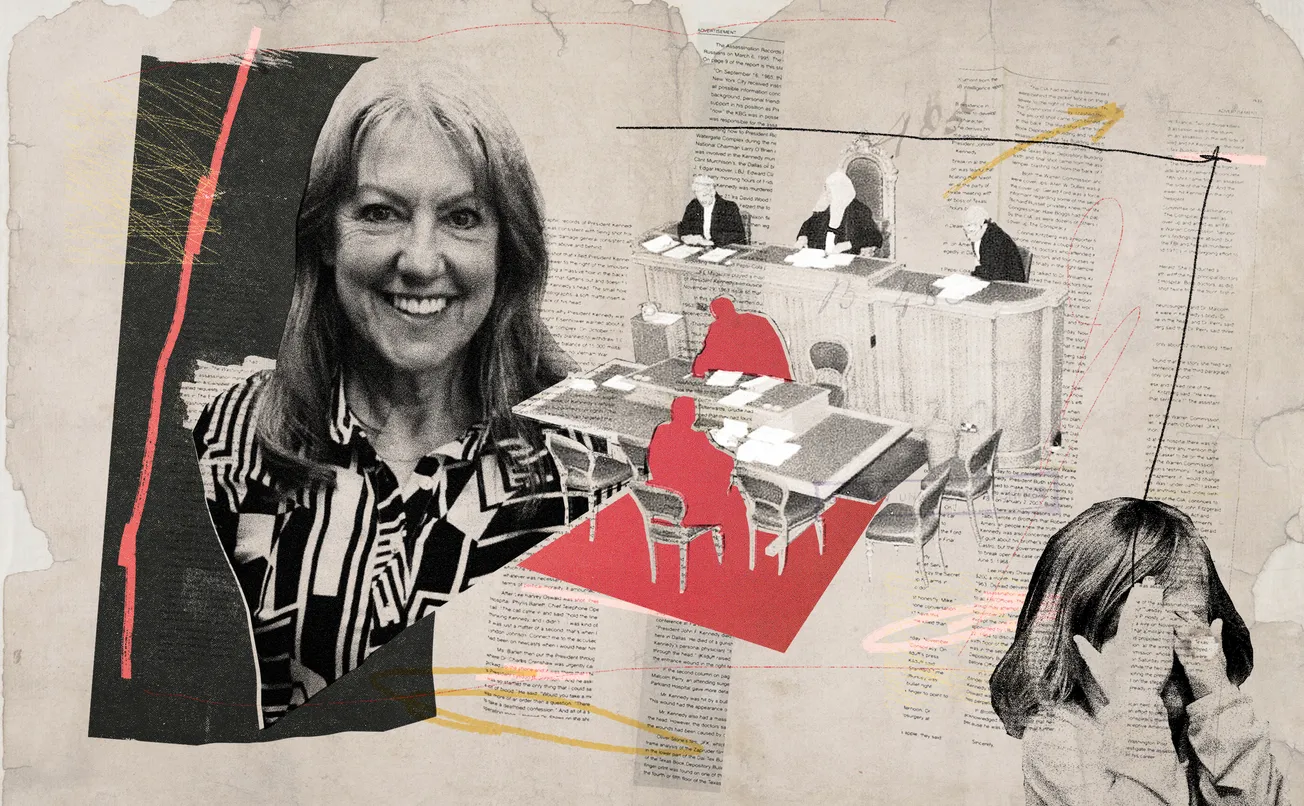Good afternoon members — and welcome to Thursday’s Tribune.
Until a few months ago, Dr Shahd Abusalama was a lecturer at Sheffield Hallam University. She’s not anymore. Exactly what has happened is still something of a mystery. The Palestinian-born academic has been accused of making antisemitic statements twice over the last year, with both incidents being investigated by the university’s authorities. But did she jump, or was she pushed? And were the statements she made actually antisemitic? Harry Shukman reports.
Editor’s note: This edition is written for our members but non-members are also being sent the first section, in the hopes that you might be moved (whether by our spirited journalism or the spirit of Christmas) to retrieve your wallet. Currently, we’re entirely funded by our members and we still need many more subscriptions to become a news source that can serve Sheffield for years to come — and to hire a second team member. Please consider joining us as a paid member today to get the full story below and all our members-only journalism.
News round-up
🥶 A major incident has been declared in Stannington and Hillsborough after a water main burst and disrupted gas supplies to thousands of houses. Up to 2,000 properties have been left without heating or cooking facilities since Friday when more than 400,000 litres of water from a burst pipe leaked into the gas main. Sheffield City Council Leader Councillor Terry Fox said the disruption would last “at least until the end of the week, maybe longer”.
🚨 There is an astonishing story in the Financial Times about the women returning to sex work due to the cost of living crisis. The Sheffield Working Women’s Opportunities Project’s services were accessed 369 times from July to September this year, up from 198 times in the same quarter in 2019.
🎉 The man thought to be the oldest in Sheffield celebrates his 108th birthday today, The Star reports. Haji Ghulam Mohammed was born in Kashmir in 1914, just five months after the outbreak of the First World War. During the Second World War he fought with the British Army in South East Asia, after which he was granted British citizenship. His family says he puts the secret to his long life down to simple meals — homemade curries with one chapati.
Things to do
💎 Coming to Kelham Island Museum for the first time this weekend is Selected Space, a weekend showcase of beautiful things, curated by four Sheffield-based makers. On Saturday (10.30am-5pm) and Sunday (10.30am-4pm), you can expect jewellery, silverware, ceramics, sculpture, print and textiles from more than 40 local artists, makers and craftspeople. The museum's cafe and bar will also be open over the weekend. Entry is £3 (free for children).
🎭 Returning to the Crucible on Saturday night two and a half years after its triumphant first run is Park Hill musical Standing at the Sky’s Edge. If you don’t already know, the show uses the music of Sheffield legend Richard Hawley to tell the story of the iconic building over three generations: from the first residents through its troubled middle years and finally the modern reincarnation. I went the last time it was on and am going again this Christmas. It’s brilliant.
🪩 This Sunday, December 11, the world-famous, award-winning, Glastonbury-Festival-performing, family rave sensation Big Fish Little Fish comes to Network on Matilda Street (2.30pm-4.30pm). Billed as “family fun for the post-rave generation of parents”, the event includes a multi-sensory dancefloor, facepainting, glitter cannons, a snow machine, giant balloons and a licensed bar. Tickets are £9 for adults and £7 for children (pre-walking infants free).
There is a story about an academic getting fired for speaking her mind, and it goes like this.
Dr Shahd Abusalama is an assistant lecturer at Sheffield Hallam. She was born in Gaza, the Mediterranean strip blockaded by Israel, and is now a teacher of media studies. An outspoken critic of Israeli policy, Abusalama’s opinions draw the ire of pressure groups and newspapers who unfairly accuse her of antisemitism. She is investigated by her employer — twice — and ultimately leaves her job as an assistant lecturer.
But maybe that’s just one version of what happened.
When I first started reading about Dr Abusalama, who did her PhD at Hallam, it seemed like a case of so-called “cancel culture” in academia. In February, after the first investigation against her was dropped, Abusalama’s allies said she had been persecuted for expressing legitimate views on social media. Hallam’s branch of the University and College Union said her opinions on Israel “fall entirely within the boundaries of acceptable political commentary”, and said any claims otherwise were “smears”.

That month, a well-known student activist said Abusalama’s opponents were trying to “shut down open debate and activism” by deploying “highly politicised and weaponised accusations of antisemitism”. Abusalama herself has dismissed any allegations of bigotry as “malicious and motivated in bad faith”. She has also said that lobby groups have been “chasing” her in an “outrageous and unacceptable” character assassination. In response to our reporting, Abusalama says: “Please stop repeating Zionist lies and don’t be part of the problem.”
This was, by the student activist’s account, a chilling example of a precariously employed lecturer being targeted for speaking out on a controversial topic, and thus represented a wider attack on academic freedom. It seemed like a case where the right to debate and disagree with Israeli policy in good faith was halted by accusations of antisemitism and the speaker, hailing from a marginalised background, was hounded out of a job.
Or was it?
Comments
How to comment:
If you are already a member,
click here to sign in
and leave a comment.
If you aren't a member,
sign up here
to be able to leave a comment.
To add your photo, click here to create a profile on Gravatar.


